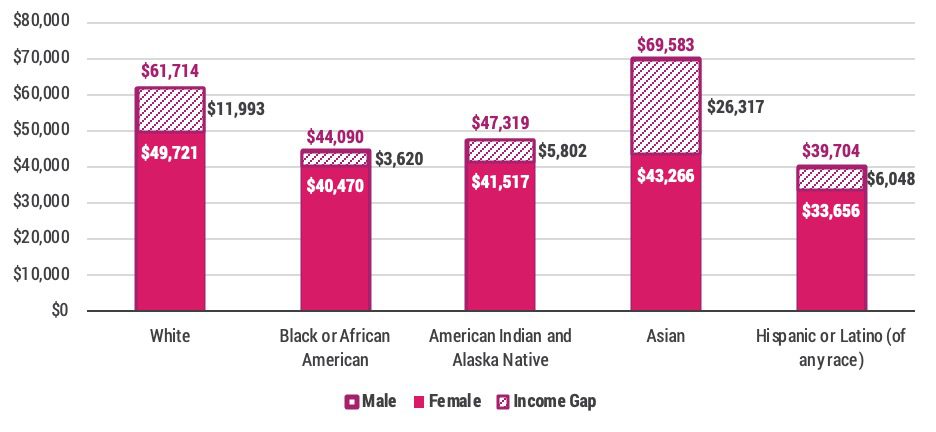A summary of the list of recommendations on the implementation of the OBBBA in Colorado regarding public benefits systems and work requirements.
Recent articles
CCLP testifies in support of Colorado’s AI Sunshine Act
Charles Brennan provided testimony in support of Senate Bill 25B-004, Increase Transparency for Algorithmic Systems, during the 2025 Special Session. CCLP is in support of SB25B-004.
Coloradans launch 2026 ballot push for graduated state income tax
New ballot measure proposals would cut taxes for 98 percent of Coloradans, raise revenue to address budget crisis.
CCLP statement on the executive order and Colorado’s endless budget catastrophe
Coloradans deserve better than the artificial budget crisis that led to today's crippling cuts by Governor Jared Polis.
New report highlights gender and racial inequities in Colorado

While Colorado has made progress towards strengthening women’s economic security, women around the state continue to face challenges, discrimination and violence, according to a new report.
Authored by Colorado Center on Law and Policy for the Women’s Foundation of Colorado The Cost of Failing to Invest in Women, explores how the economic security of women in Colorado has changed over past decades.
The research featured in the report centers around eight main topics: gender norms; barriers to women’s economic security; women and the workplace; investments in women; women and business; women, disasters, and epidemics; women and health; and gender income and wealth gap.
Income and wages lag behind men
Although women joined the labor force in record numbers prior to the global pandemic, they still were still paid less than men — both on the whole and within the same occupations. In 2016, women in Colorado were paid 86 cents for every dollar paid to men, with even greater gaps for Black women (63 cents), Native American women (56 cents) and Hispanic/Latina women (54 cents).
While these gaps have been closing, the overall gender pay gap will not close under the current rate of change until 2057 — 37 years from 2020. This gender wage gap is a challenge for women, as it represents lost earnings that could otherwise have gone towards supporting their economic security.
Due to the gap, women in Colorado will lose an average of $322,320 over the course of their lifetime, and likely more for women of color. If women were paid the same as men, the poverty rate for working women would be cut in half and the state’s economy would grow by an additional $9.2 billion dollars, or 3 percent of Colorado’s GDP in 2014.
Significant racial-equity gaps
One theme that runs throughout the report is the importance of examining gender gaps through a racial lens to better understand how economic security for women differs based on a woman’s racial/ethnic identity.
For instance, while women of all racial/ethnic groups earned less than their male counterparts, the median income for a white women was $49,721 in 2017 — $6,455 more than the median income for Asian women that same year (the racial group with the next-highest median female income). The gap between white women and Hispanic/Latina women was even larger at over $16,000.
While it is a laudable goal to close the pay gap between men and women, it is also important to understand that women of color face both a gender gap and racial gap in income. In other words, the disparities in outcomes between male and female Coloradans are created by a combination of sexism and racism and it will be necessary to confront both if we are to close gender gaps in an equitable manner.
In many places, the economic effects of sexism and racism combine and lead to even greater repercussions within their communities. For example, four million new jobs and $981 billion in revenue would be added nationwide if the average revenue of firms owned by women of color matched that of white women-owned businesses, providing an influx of income and employment opportunities for both men and women of color.
When women prosper, the economy prospers. By maximizing opportunities for all women to have access to education, job training, and placement in careers that allow them to earn livable wages, achieve pay equity, career advancement, or even start their own business, we strengthen the economic engines of our communities at all scales of society.
As a follow-up to this report, CCLP assisted the Women’s Foundation of Colorado in developing a framework for future research into the state of women’s economic security in Colorado.
Given the economic impacts of COVID-19 on our state, future research conducted by WFCO on this topic will be a valuable resource to policymakers and elected officials as we begin to recover from this latest recession.
-By Charles Brennan
